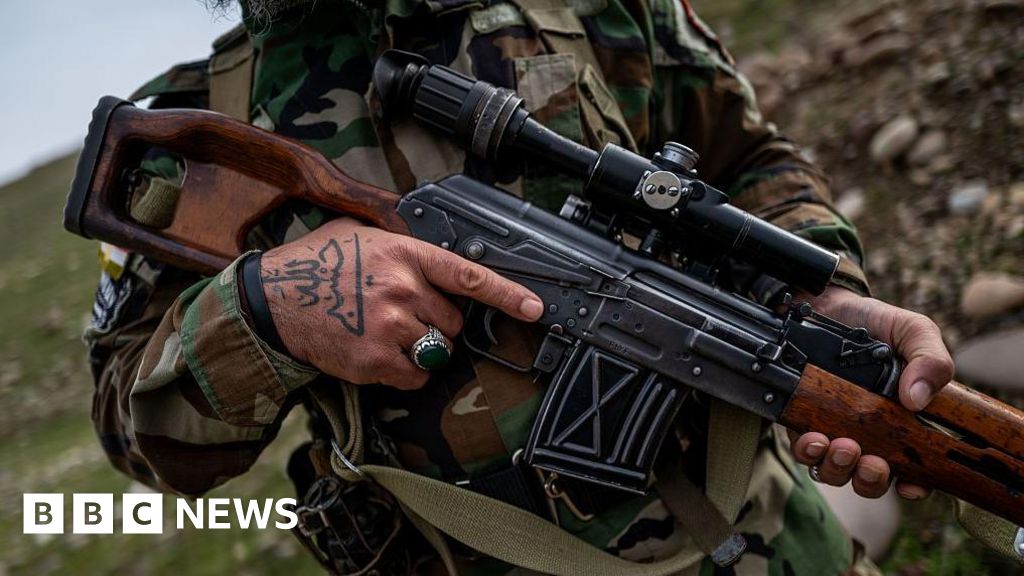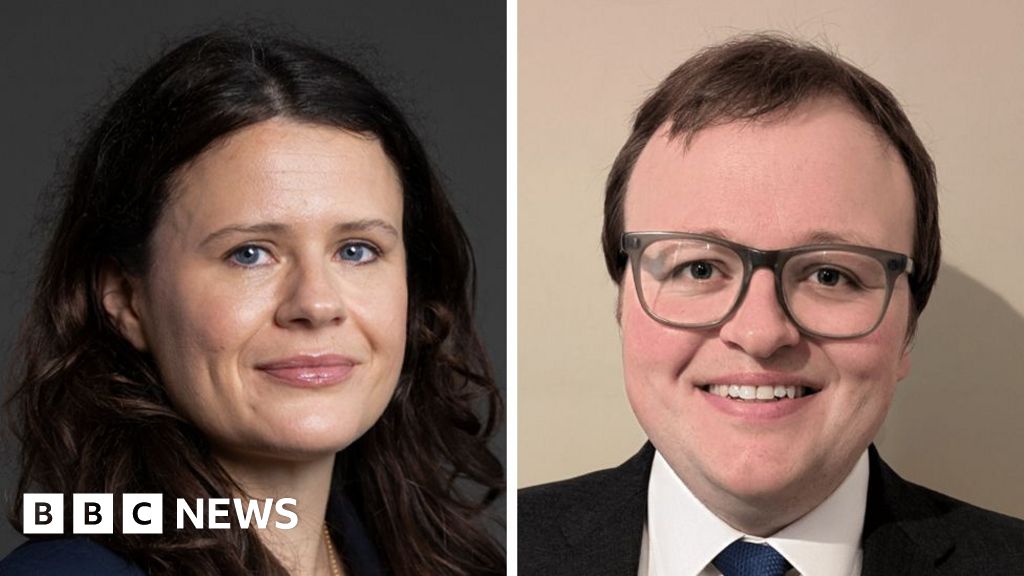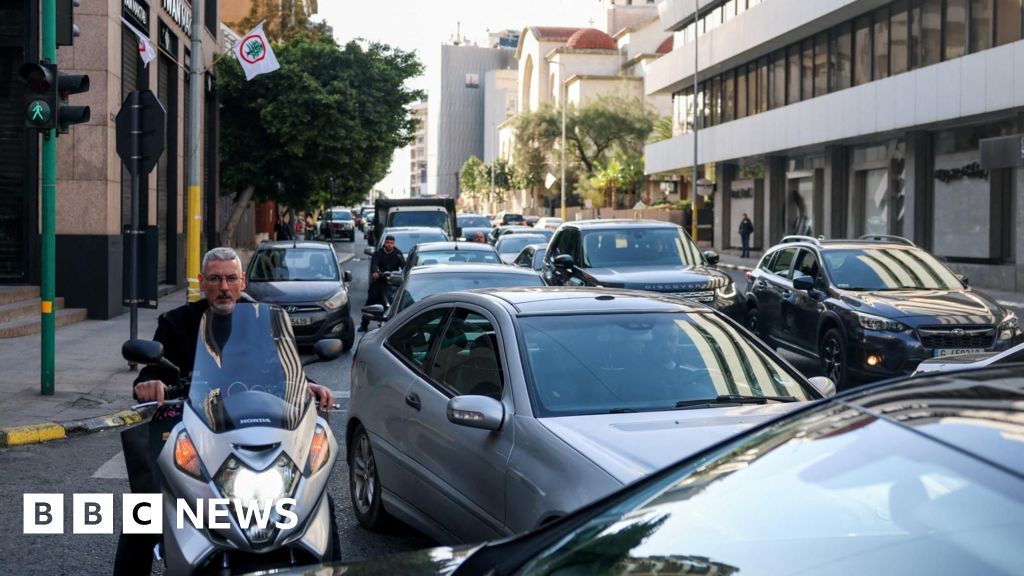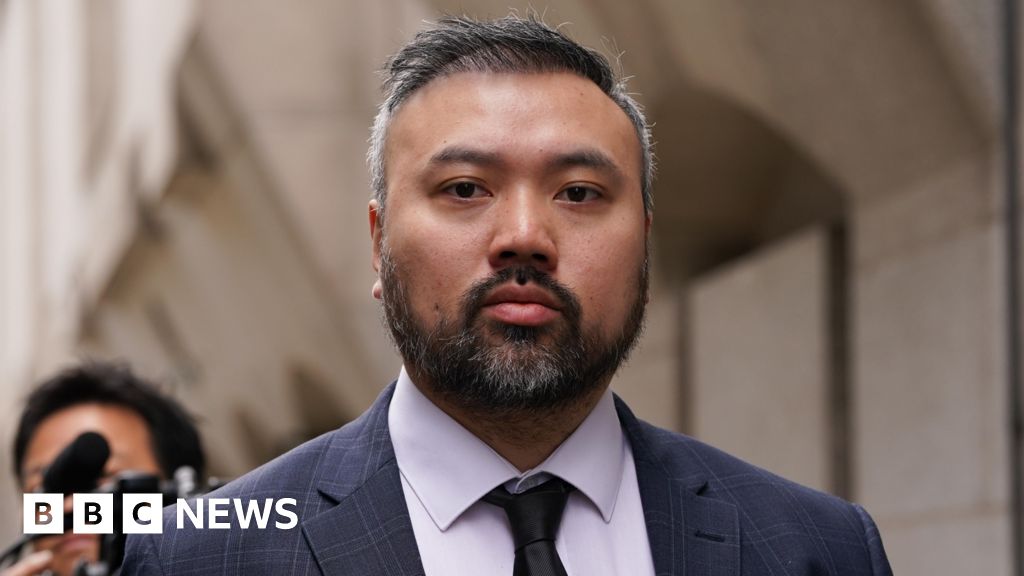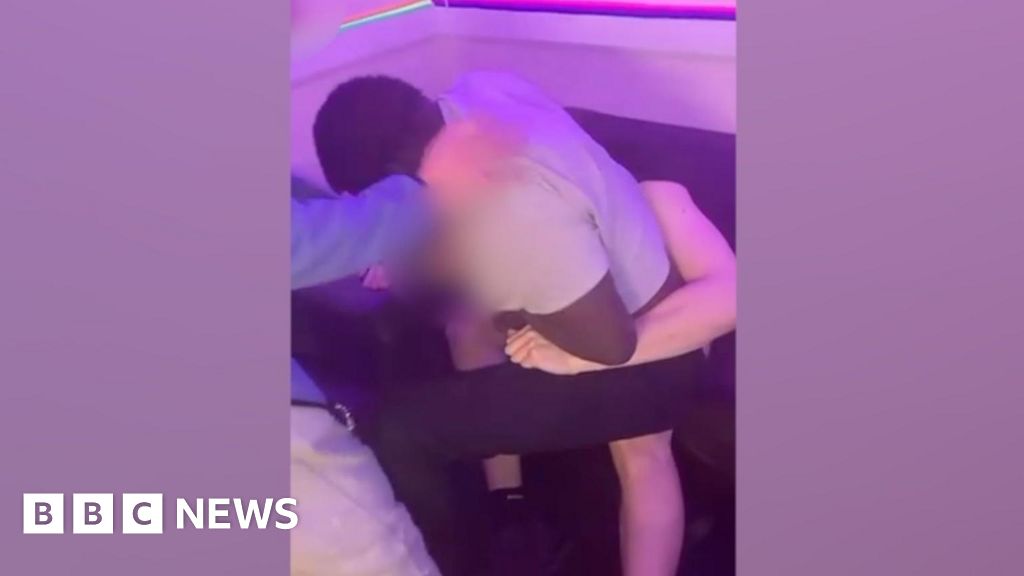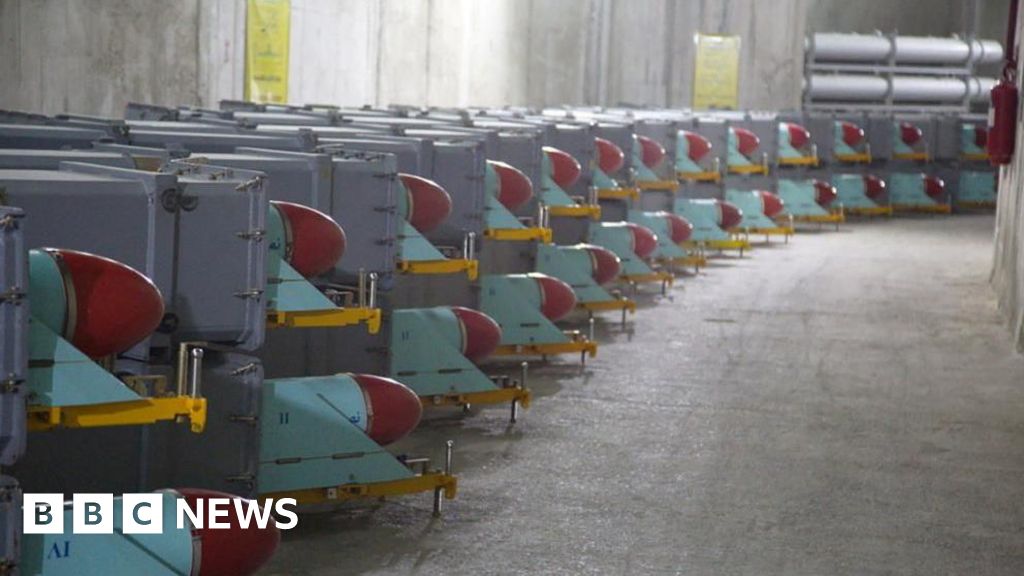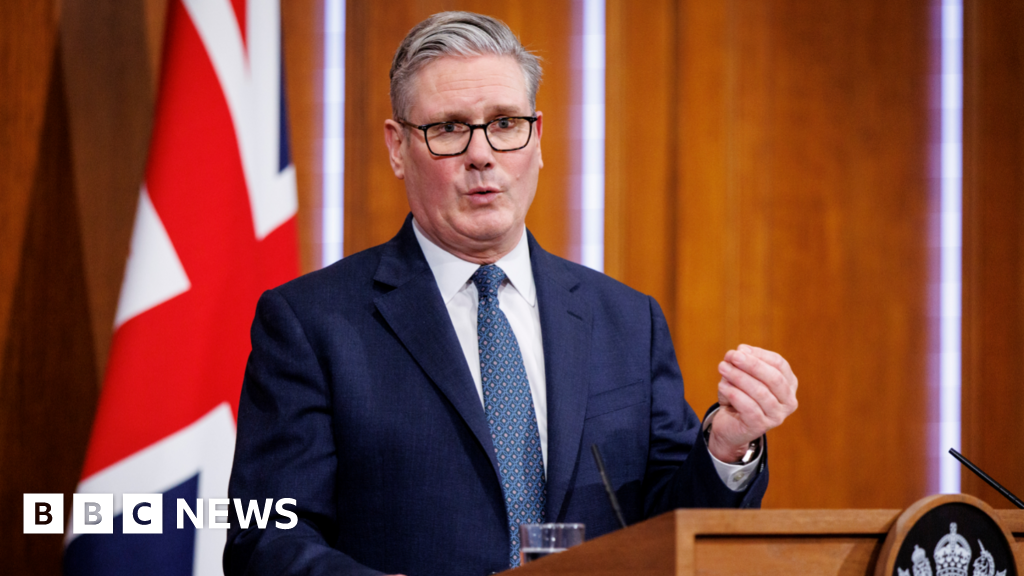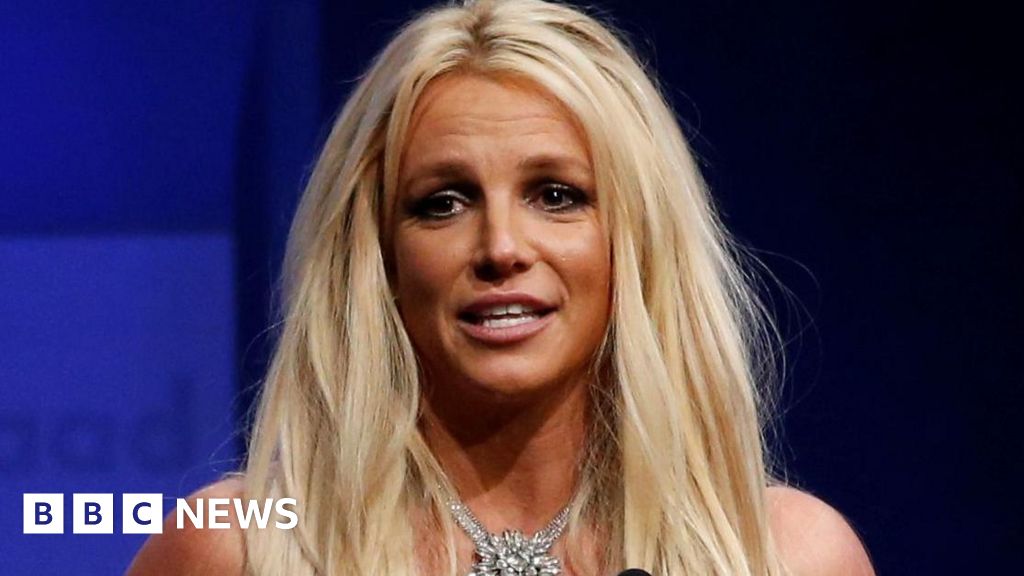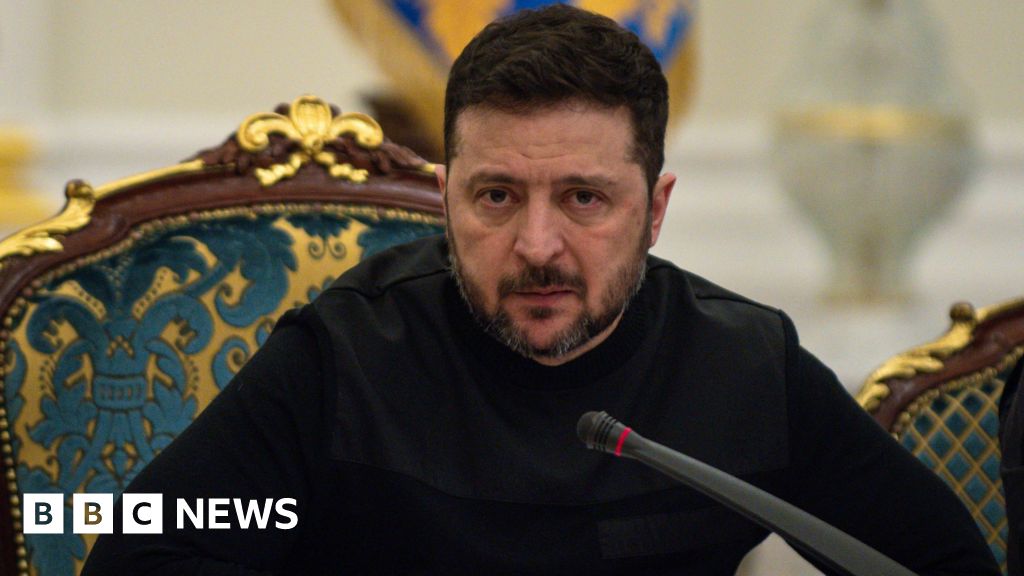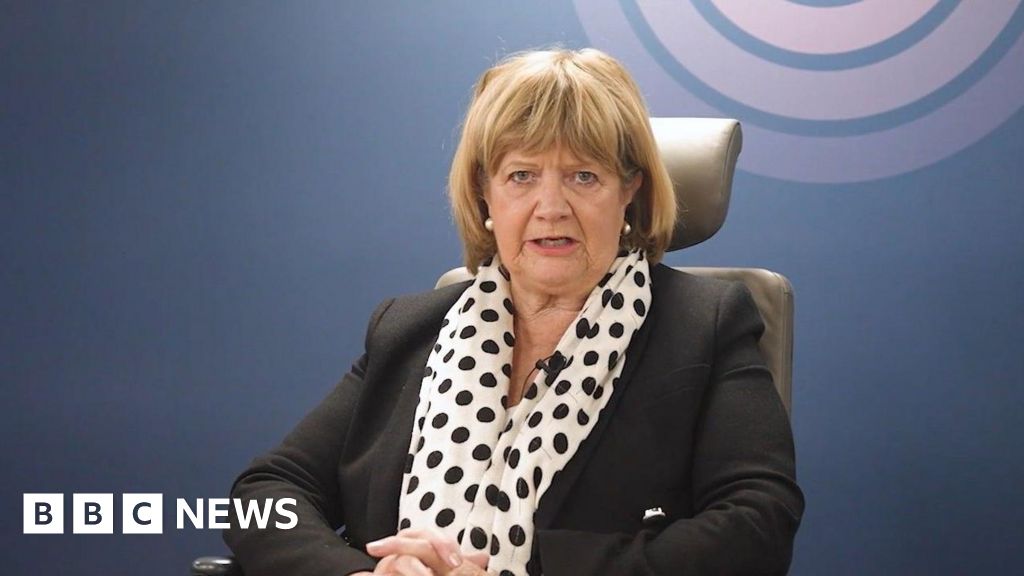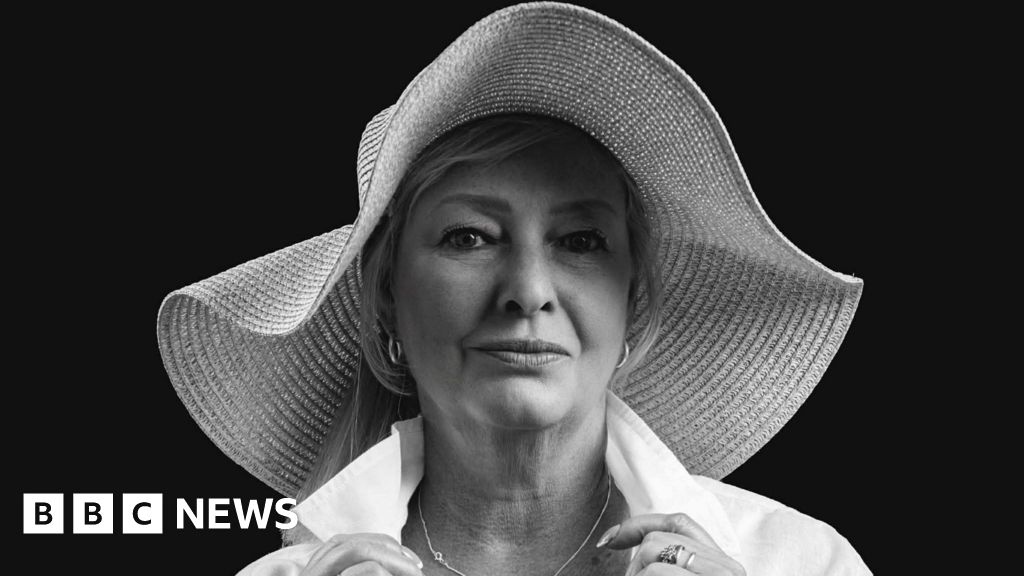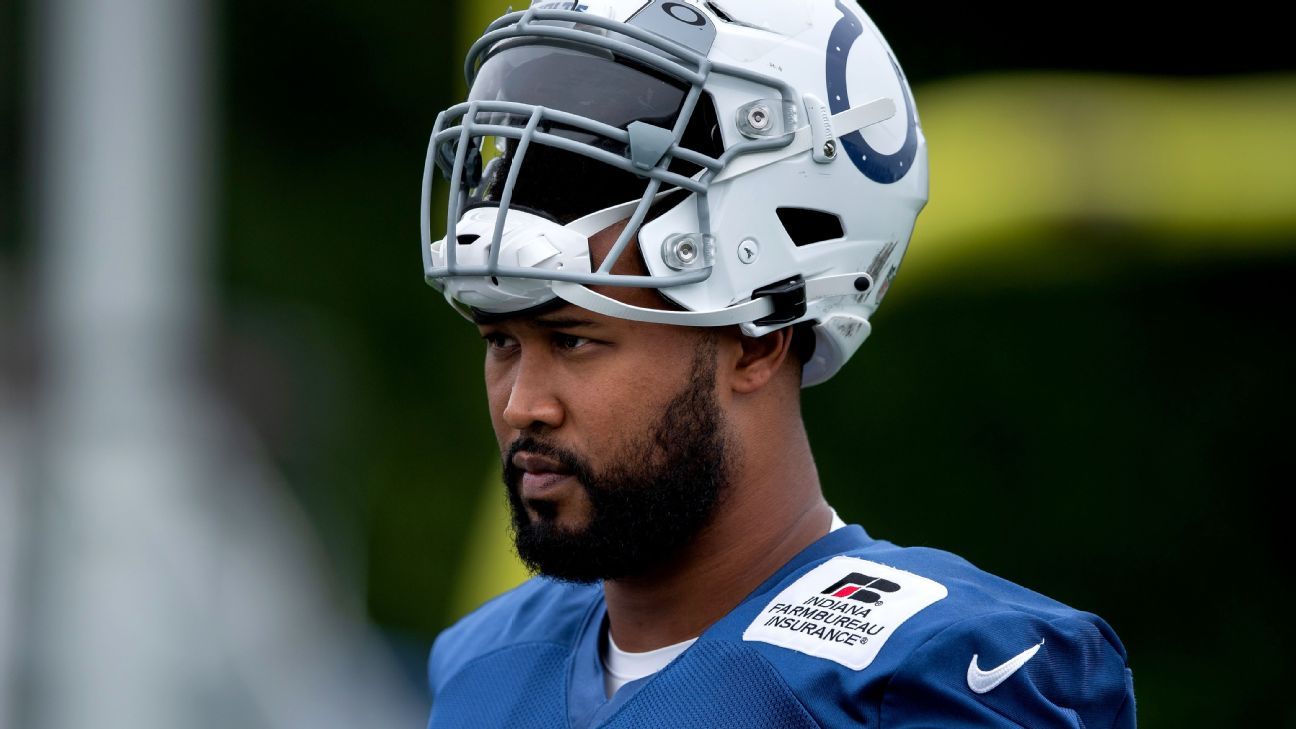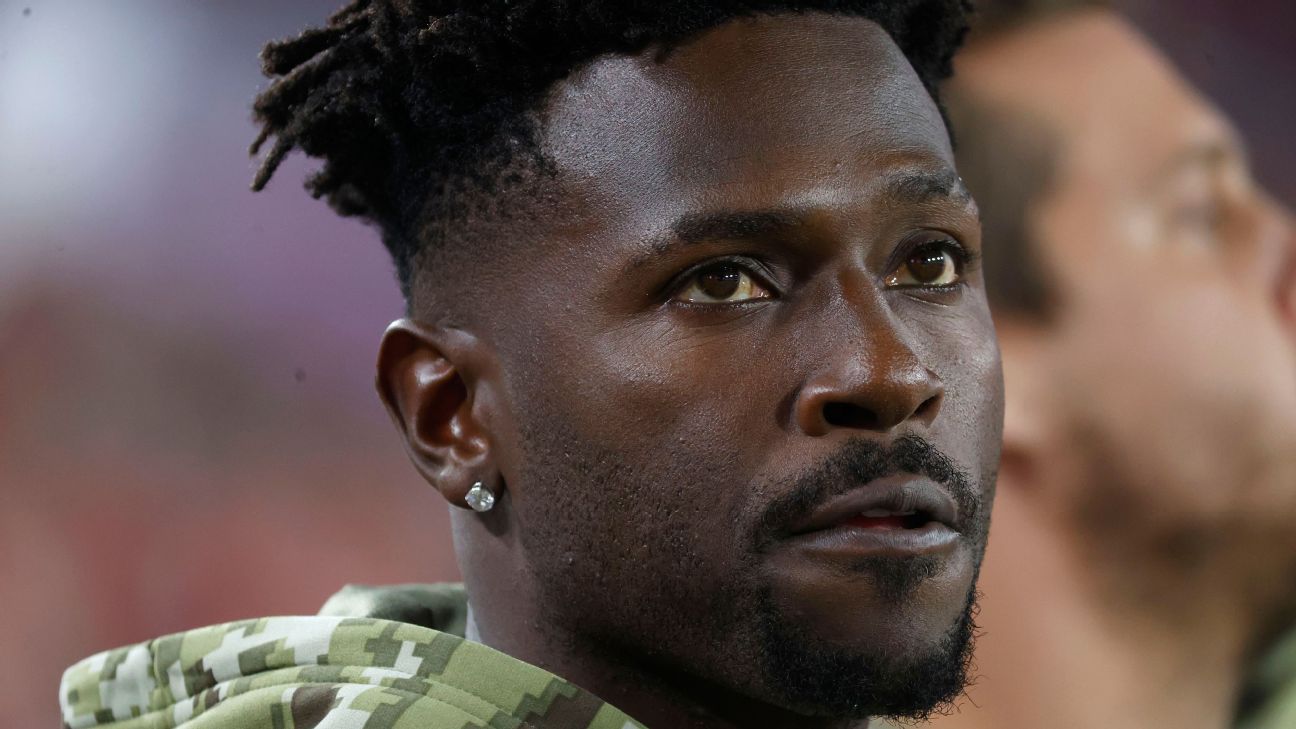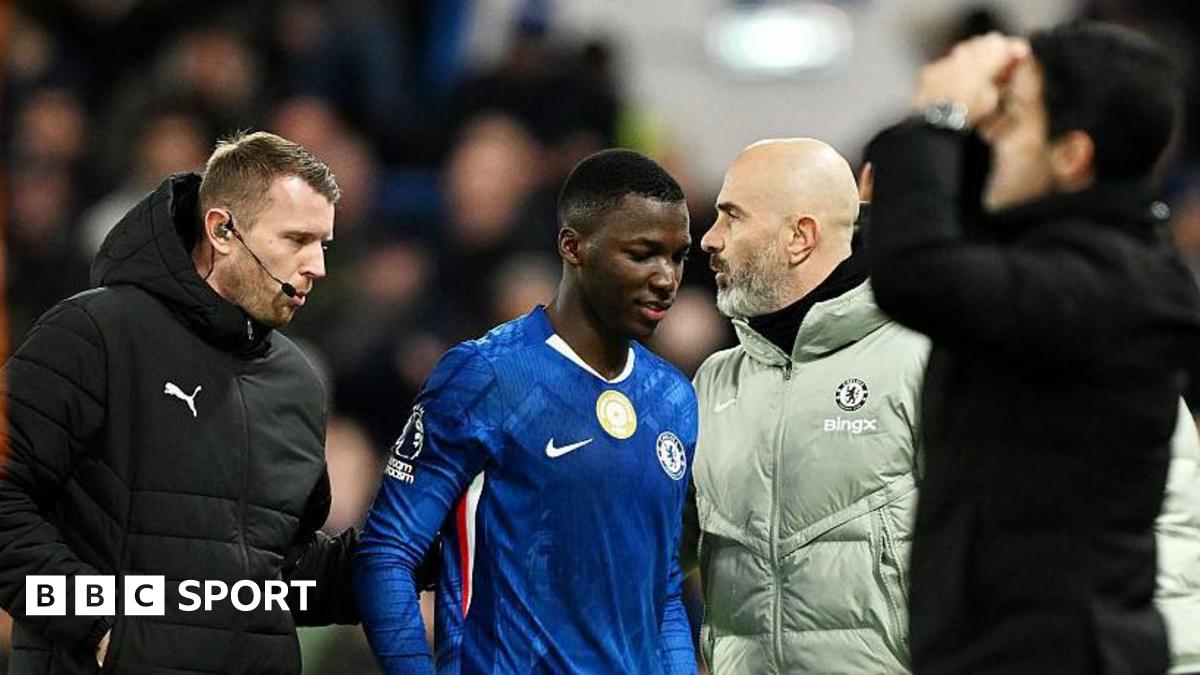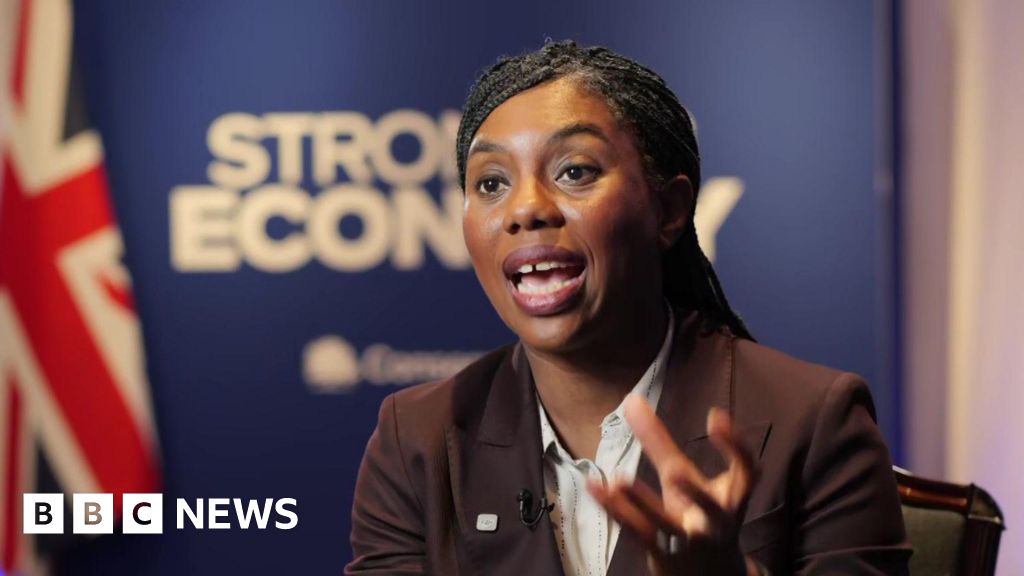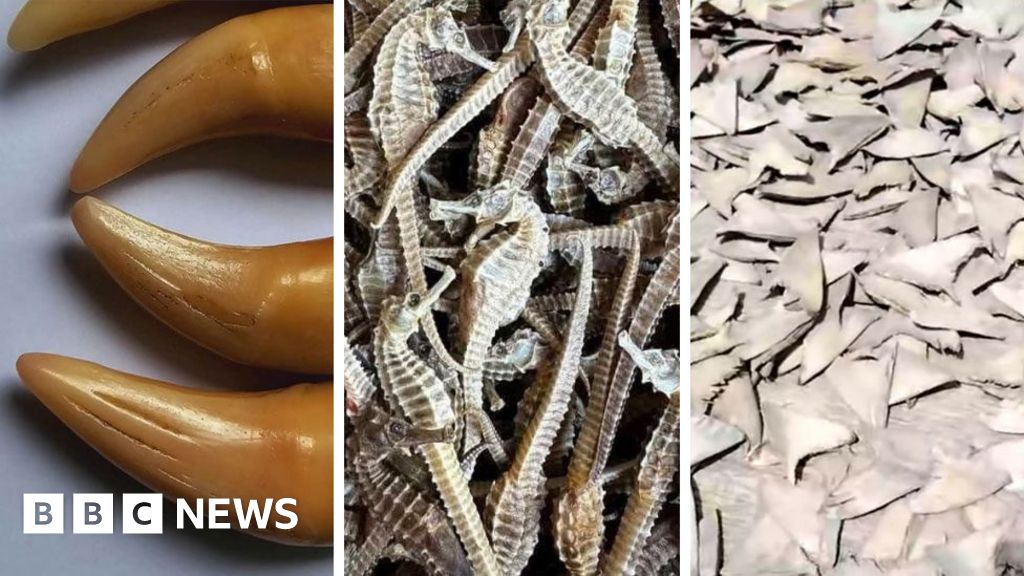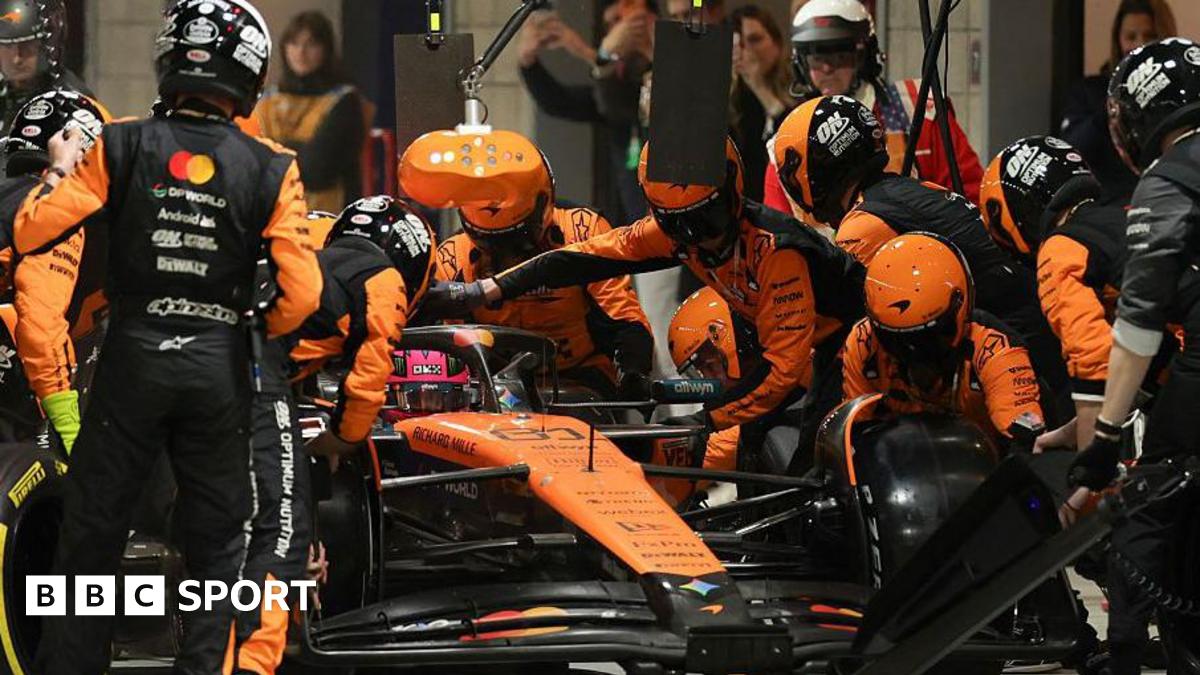
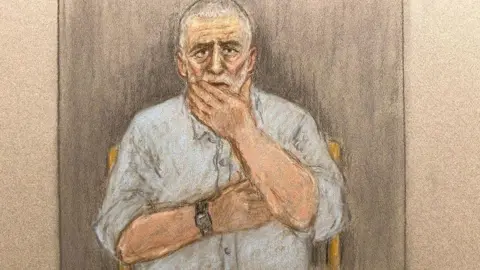 Julia Quenzler/BBC
Julia Quenzler/BBC
Peter Sullivan sobbed when the court said it was quashing his conviction
For someone who's lost nearly 40 years of his life because of a crime he didn't commit, Peter Sullivan strikes a remarkably optimistic tone.
When I met him last month, for what was his first interview since being released from prison in May, he was upbeat and looking forward to getting to Anfield to watch Liverpool play for the first time since he was taken into custody in 1986.
That was the year of the sexual attack murder of Diane Sindall in his home town of Birkenhead - an incident he said he only knew about because someone turned to him in a pub at the time and said, "apparently there's been a murder".
When he was convicted the following year at Liverpool Crown Court - he was condemned to a lifetime in some of Britain's toughest category A prisons where he would be hounded by his tabloid nicknames "The Beast of Birkenhead", "The Mersey Ripper" and "The Wolfman".
Before our interview, he was full of stories about how since his release he has had to adjust to a completely different world.
When he was taken into custody, Margaret Thatcher was in Downing Street, no one had heard of the internet and Europe was still divided by the Iron Curtain.
He described watching the fall of the Berlin Wall from a communal television in prison.
Mr Sullivan told me how trips to the shops now show how "everything's changed" - from trying to work out how self-checkouts work to realising that "instead of having a cheque book, you've got it on your phone".
His incarceration means he has been oblivious to the way so many aspects of everyday life have changed - almost like someone who has been asleep since the 1980s.
"After spending so long in prison and finding out there's no DHSS [Department of Health and Social Security, now the Department for Work and Pensions (DWP)] where you can pick up your money - you're thinking, 'Wow, what's going on here?'"
He now has a smartphone, after finding out doctor's appointments need to be booked on something he now knows is called an 'app'.
He first became familiar with them when he was sitting on a bus shortly after his release and saw people twiddling with smartphones. He only realised they were phones when he saw someone put one to their ear.
Mr Sullivan's 14,000 days in custody have also led to an inevitable sense of institutionalisation.

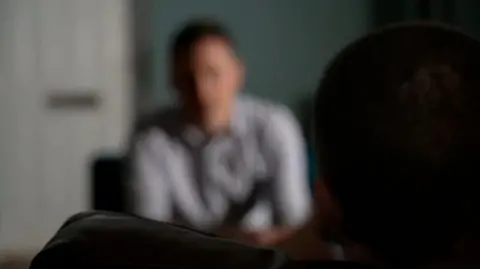
Phil McCann spoke to Peter Sullivan anonymously in an interview last month
He recalled how after his release, one morning in his flat he walked back to his bedroom and sat down on his bed, because he was subconsciously waiting for a prison officer to come and lock him back into his cell.
"You've got to be at your door at a certain time, otherwise the officers will go off at you", he said.
"I was just sitting there thinking, 'What am I doing?'"
But Mr Sullivan's optimism is tempered by a longing for answers about how he ended up being charged with an infamous murder that he didn't commit, and a confusion about why he still has not had an apology.
"I've lost everything", he said.
"I lost all my freedom, I lost my mother since I've been in prison, I've lost my father.
"It hurts because I wasn't there for them", he said.
"I can't carry on with my life if I can't get an answer off them."
"That's all I want, an apology [and to understand] the reason why they've done this to me", he said.

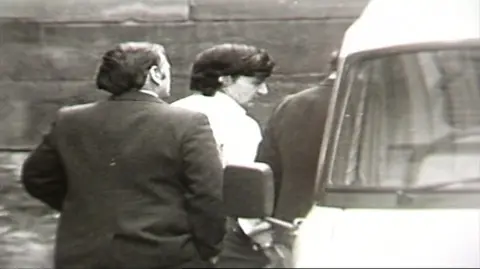
Peter Sullivan was convicted of beating Diane Sindall to death in a "frenzied attack"
Merseyside Police said "there would be little benefit to be gained for a review of this matter today" because of "the changes to investigative techniques and developments in the law over the last 40 years".
The force did refer some of Mr Sullivan's allegations to the police watchdog, the Independent Office for Police Conduct (IOPC), who will now look at his claims that officers beat him up and threatened to link him to other crimes if he failed to confess to Diane Sindall's murder.
When asked if it would apologise, the force did not directly answer, but as part of a lengthy statement it said: "The force regrets that there has been a grave miscarriage of justice in this case".
Mr Sullivan told me about his modest ambition - an ambition that he said he had lost hope of being able to realise at some points over his nearly four decades behind bars.
"All I want to do now is get on with my own life and carry on as I was before, and live my time out now".

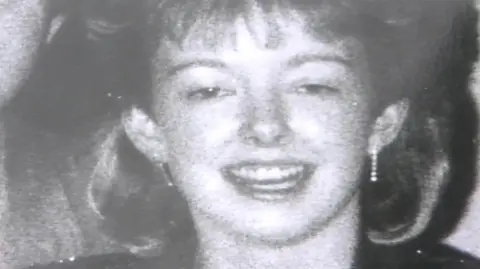
Diane Sindall, 21, was due to be married when she was murdered
His future may be made easier by government compensation, paid to victims of miscarriages of justice.
This scheme is capped at £1.3m, a cap which it is thought his eventual payout will get very close to.
But the process is not automatic, and it is lengthy.
Andrew Malkinson, whose conviction for a rape he did not commit was quashed in 2023, was only awarded an interim compensation payout earlier this year.
Guilty prisoners who admit to their crimes and are released on parole get a place to live and some help with living expenses. Mr Sullivan, as an innocent man, is not eligible for that help.
And so he is living a modest life, with his modest ambitions - although many believe he is a millionaire in waiting.
His lawyer, Sarah Myatt, said "there's not a figure that you could say that would be enough for losing 38 years of your life".

 3 months ago
74
3 months ago
74
